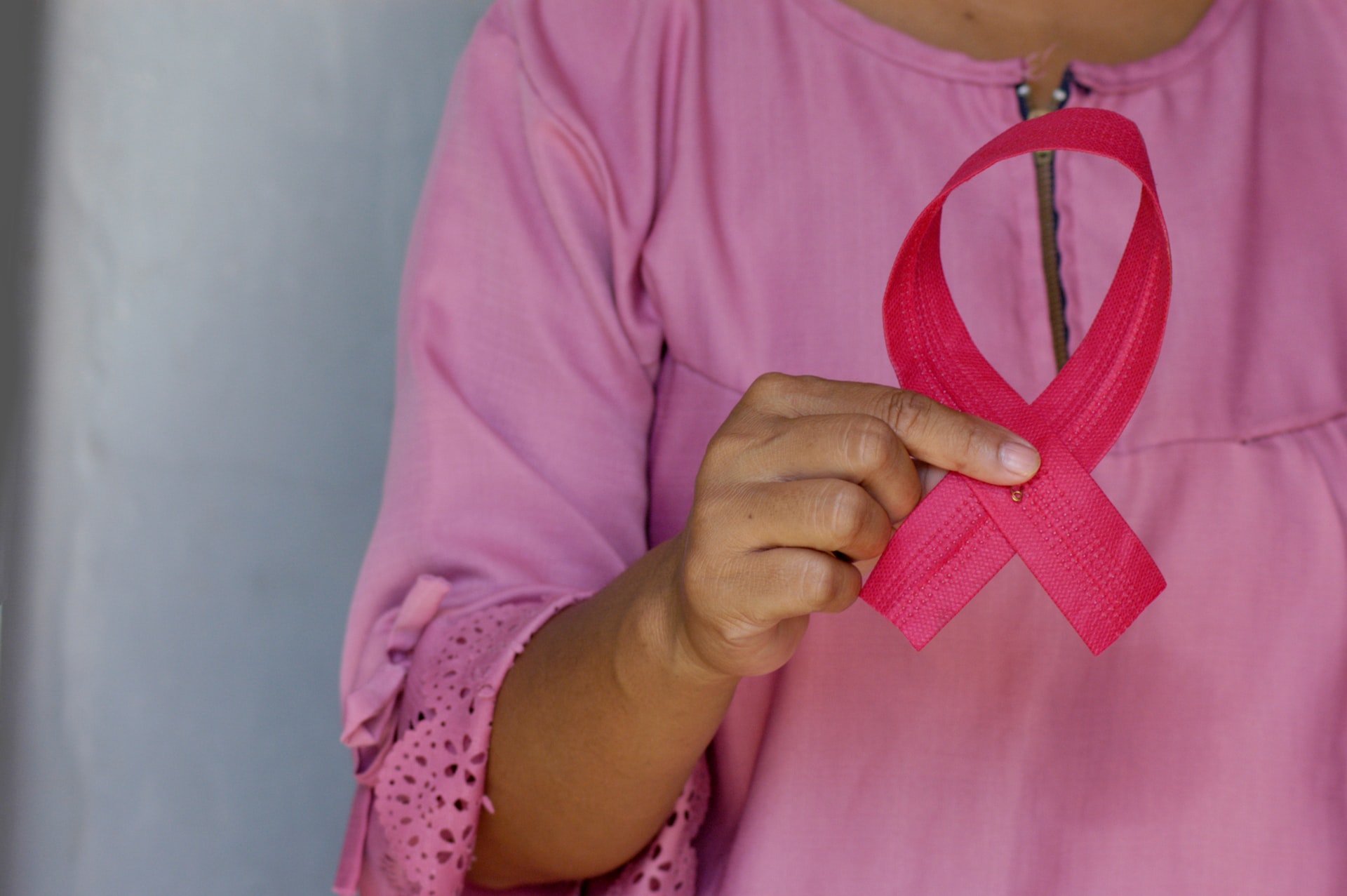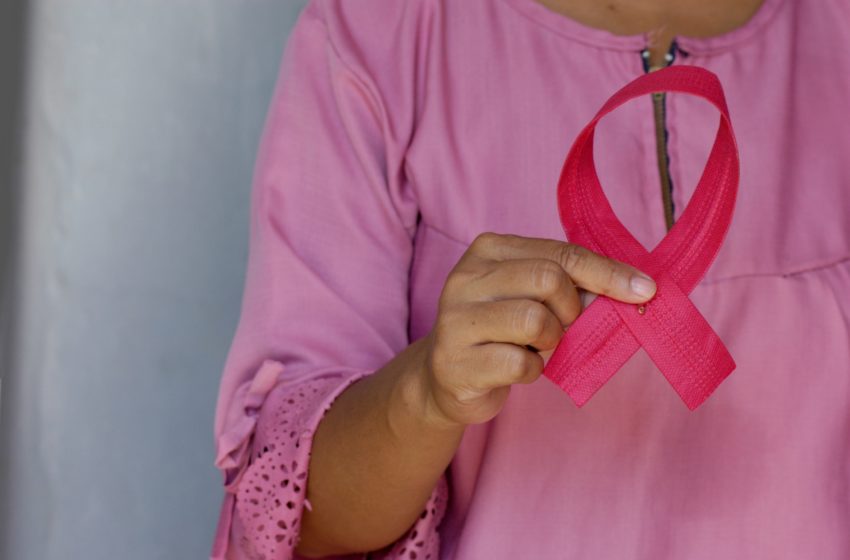Surrogacy for Breast Cancer Survivors: Building a Family Using Fertility Preservation
“You have breast cancer.” Just a decade ago, the chances of surviving the dreaded disease were less than 50 percent. Thanks to impressive advancements in cancer diagnosis and treatment, breast cancer patients have a much higher chance of surviving. However, medical development is yet to come with a solution that can restore the fertility of breast cancer survivors. The cancer survivors are rendered infertile following the chemo and radiotherapy. Even if they manage to get pregnant, the chances of miscarriages are very high.
What Happens To Fertility After Cancer?
At birth, a girl child is born with close to 1 million eggs. During puberty, the ovaries are stimulated to release one egg every month through a process called ovulation. When a sperm contracts the egg during ovulation, it is called conception. The fertilization of the egg results in the formation of the embryo, which then moves towards the uterus resulting in pregnancy.
Breast Cancer Survivors Can Lose The Pregnancy Plot Due To Various Reasons:
- Chemotherapy can affect hormone levels significantly, rendering the reproductive system sterile for fertilization.
- Radiotherapy can cause heavy damage to the uterus. It is called tissue scarring. Even if the woman conceives, the pregnancy won’t flourish due to a scarred uterus. It results in miscarriages during the early stages of pregnancy.
- Due to radiotherapy, babies could have mutational changes.
What Then is The Alternative To Embracing Pregnancy After Cancer Treatment?
On average, one out of eight US women is prone to suffering from invasive breast cancer. Most of them have absolutely no history of breast cancer in their family. The statistics are startling considering the number of ‘fresh’ breast cancer patients. This directly relates to the growing number of induced infertility. That’s why many women are recommended to freeze their eggs in egg banks. The decision to incubate eggs before chemotherapy ensures that the stored egg remains unaffected by breast cancer treatment and allows the survivor to embrace parenthood in the future once she is ready to extend family.
Breast cancer survivors can opt for IVF to achieve pregnancy through surrogacy. In most cases, the menstrual cycle returns to normalcy within months of post-cancer treatment. However, the sterility may be only partial—partial fertility results in conception failure. Therefore, surrogacy is the only option left for survivors to become parents. While the survivor may not carry the embryo in her womb, she can maintain a biological relationship with the baby through surrogacy.
How is Biological Relation Maintained?
The gestational surrogacy process is a three-party procedure wherein a carrier woman, called a surrogate, becomes the medium of gestation and delivery for the fertilized embryo. The embryo is the product of a cancer survivor’s frozen egg and her chosen partner’s sperm. The fertilization occurs in a biologically conducive lab-like setting under controlled conditions.
The fertilized egg is then implanted inside the surrogate’s uterus. Before implantation, the uterus of the surrogate is prepared for embedding using various hormone therapy.
Cancer patients should opt for fertility preservation options like cryopreservation if they are eyeing surrogacy in the future.
















